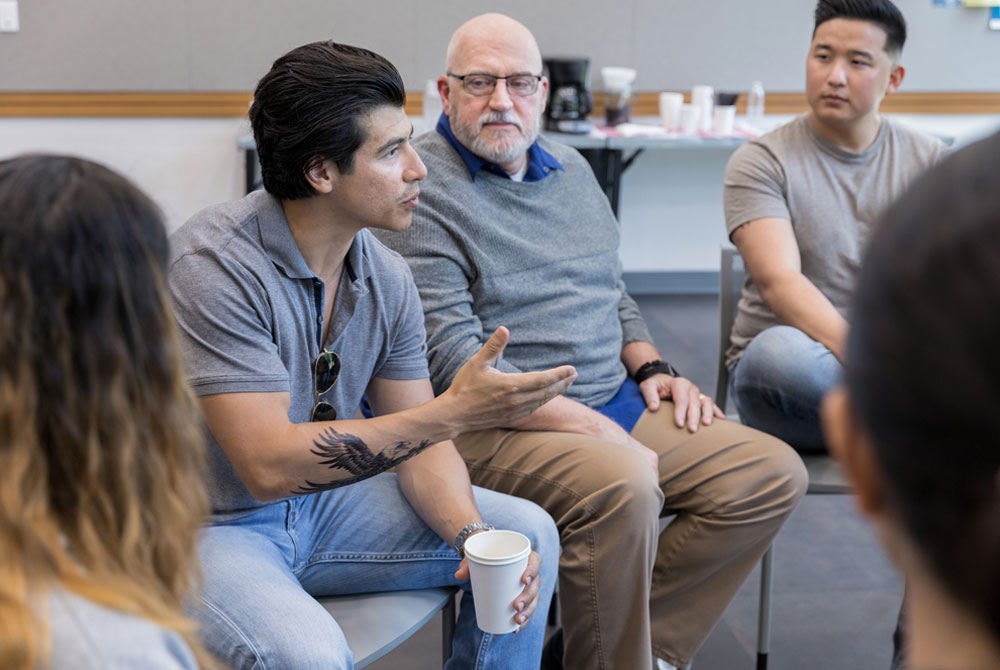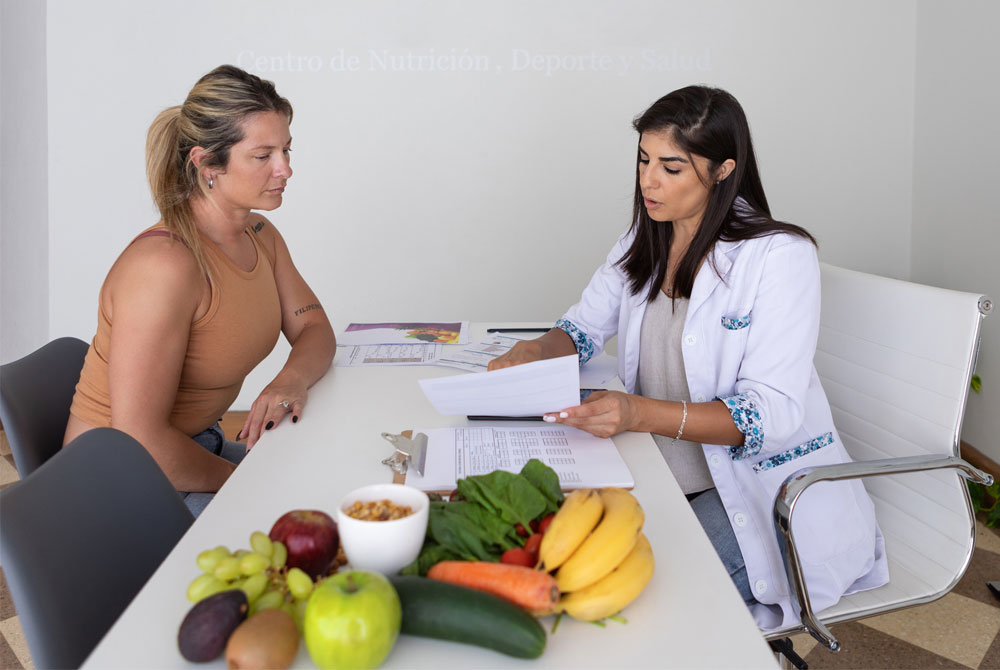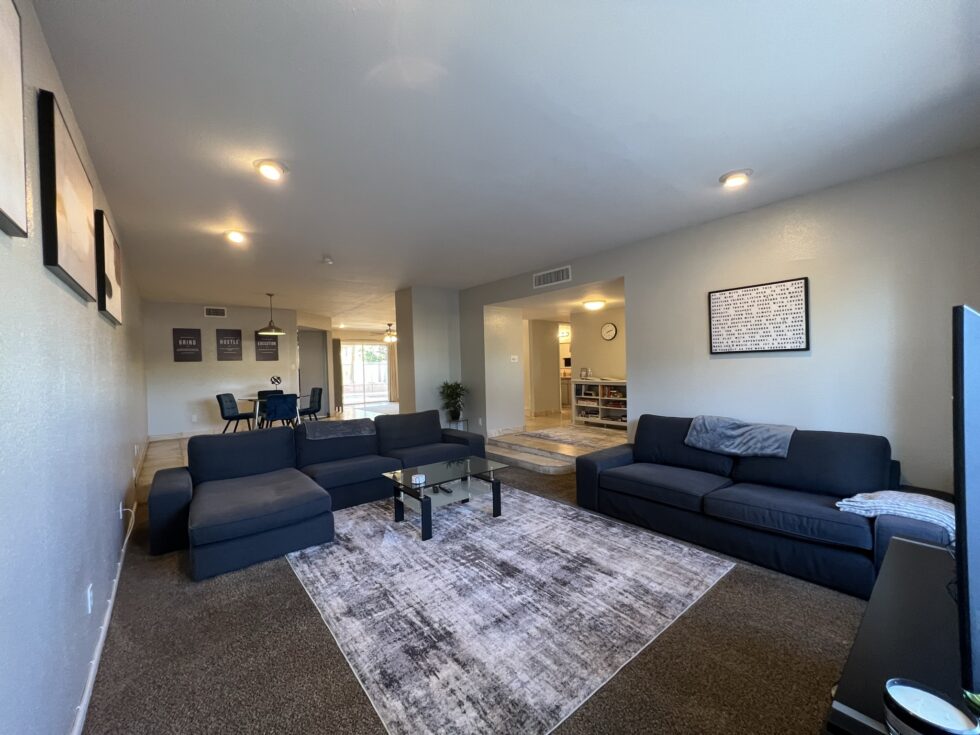For many individuals with substance use disorder, the prospect of beginning treatment is overwhelming. Going to rehab can certainly seem like an intimidating collection of unknown spaces and places. Just the thought of what rehab might look like can cause someone to run back and escape to the familiar: drugs or alcohol.
Fortunately, a day at treatment can be exciting and rewarding, and a day in recovery can be even more so than other outpatient treatment participant recovery facilities. I have attended rehab programs and also offered outpatient rehab as a provider, so I know the importance of a program that offers a comprehensive approach to recovery.
Recovery requires us to heal spiritually, physically, and emotionally… and a good treatment program offers all three.
To discover exactly how an outpatient rehab program my offer these services, I’ve put together a an overview of a typical day in rehab. Keep in mind that in outpatient care there are typically two primary programs that differ a bit in length. These are partial hospitalization program (PHP), which might begin at 10 AM and end at 4 PM. Whereas, an intensive outpatient program (IOP) also might begin at 10 AM but would then end at 1 PM instead of 4 PM like the PHP.
Individual Therapy
Individual therapy, or one-on-one therapy, is an essential part of recovery. These sessions might take place in an intimate office space that is welcoming, comfortable, and private. Many people worry about these sessions, but there’s nothing to be worried about or afraid of. In recovery, therapy is a tool for building the essential skills you’ll need to remain in recovery. In individual therapy sessions, we use methods like cognitive behavioral therapy (CBT) to retrain the brain to react differently to negative emotions, uncomfortable events, and situational stressors.

In one-on-one therapy, clients meet with a therapist, and this will typically be the same therapist every time so that the therapist can get to know the clients personally and tailor a more individualized and ongoing treatment plan for them. This also establishes trust and a safe relationship.
Therapy sessions may involve exploring a client’s personality through psychoanalysis. In this type of therapy, the inner conflicts, phobias, personal defenses, and feelings are addressed and explored to better understand these parts of ourselves and find their positive counterparts. As mentioned above, CBT therapy assists clients in recognizing the thoughts and situations that result in drug or alcohol use and teaches them how to change these negative thought patterns to lead to positive and healthy behaviors rather than destructive ones.
For our clients who have experienced a traumatic experience, it is important to address these experiences in therapy so that they can start healing without the assistance of substances. This can sometimes be a difficult part of the process, but in recovery, participants are never left alone to deal with their emotions. The treatment providers are with them every step of the way to help them process their memories and emotions and learn ways to deal with negative feelings in a healthy way.
One-on-one therapy is not always easy because getting to the root of the problem is a difficult task for most people, but it is essential in healing the whole self.
Clients may attend individual therapy sessions before or after the scheduled group activities.
Group Therapy Session
No matter which program fits your needs, in a typical outpatient setting your official group participation in IOP or PHP will begin at the same time. When participants arrive, they check in and move toward group therapy. Clients love starting the day with group therapy because it is social time, but it is also a daily reminder that we are not alone. Group therapy serves an important role in recovery, and our clients get to experience this firsthand in recovery.

Most rehabs provide a safe place for their clients to share their experiences with one another and forge a support system and relationships based on trust and hope. Clients learn new communication skills, healthy ways to interact, and how to give and receive love and support. They also enjoy being a part of a sober peer group that gives them something to look forward to every morning.
Facilities that only accept 20 clients at a time like to keep things small as participants are more comfortable in these close, intimate groups. They get to know each other and become familiar with therapy since they see familiar faces every day and share personal stories and experiences and genuinely begin to care for each other. These types of relationships are imperative to learning the keys to successful long-term recovery.
Break and Reflection Time
After group therapy, the facilitators might take a break to allow clients time to reflect. After being together, we can then practice being alone with our thoughts and learn to center ourselves in the moment. While some clients choose to socialize during this time, it is essential to build in time to become comfortable with the emotions individual and group therapy have brought forth.
Lunch and Social Interaction
Whether clients have participated in both individual therapy and group therapy or just group therapy to this point, it is essential to take time for a nutritious break to refuel the mind and body. This is where clients might enjoy lunch together and often explore the nutritional elements of recovery. You may take a trip to the store for healthy ingredients, learn to make a healthy recipe, or just enjoy our own lunches together and refuel for afternoon activities. Clients enjoy the social aspect of this time when they can reap the benefits of their hard work in morning therapy sessions.
Afternoon Therapeutic Activities
During this time, activities vary from day to day or week to week and center to center, but they’re always an enlightening experience that offers a physical or learning opportunity for therapy. In these sessions, you might gather together to learn about a technique such as stress management or mindfulness training and then break into smaller groups to put what we’ve learned into practice or further explore the concept. This may involve role-playing, discussions, or implementation of the therapeutic elements your provider is focusing on.
Clients truly enjoy this time because it’s a time of learning and exploring. They love seeing it all come together and their intentional effort pays off. Learning actual life skills that they can use in the outside world to cope and enjoy life without turning to drugs or alcohol is their hope for lifelong sober living.
Below is a sampling of some potential activities and therapy education sessions rehab clients often participate in during afternoon therapeutic activities at a typical outpatient center.
Dialectical Behavior Therapy (DBT)
DBT uses a combination of cognitive behavioral therapy (CBT) and mindfulness to help individuals deal with intense emotions. As a result, it can improve relationships and help regulate emotions, which improves a person’s overall quality of life, moving them further away from the negative reactions that led to their substance or alcohol use disorder. DBT teaches that there is a balance between opposing forces and perspectives, between acceptance and change, and validates both good and bad experiences DBT teaches clients to understand why it’s important to make positive changes in their behaviors, thought patterns, and emotions and how to make those changes.
Mindfulness
Mindfulness is about being aware of the present moment rather than dwelling on the past or worrying about the future. Recovery teaches patience as well as how to be present in the moment and fully experience one’s own feelings, thoughts, sensations, and environment. In doing so, we learn to preempt when negative thoughts and feelings begin to arise so that we can catch them before they affect our behavior. We then react in a healthy way. This helps clients to gain a sense of self-awareness and emotional regulation. Mastering this skill is essential in learning to respond to situations with clarity and practicality.
Mindfulness involves various techniques that are often practiced in afternoon therapeutic sessions. You might explore mindfulness through breathing awareness, meditation, informal mindfulness in daily activities, and other methods.
Nutritional Therapy
In recovery, often times providers believe that diet has a lot to do with how we feel and how our body acts. Teaching clients what to eat and how to eat is an important component of most recovery programs. Clients enjoy exploring the use of food in nutritional ways, as well as learning how a healthy diet can help in the recovery process. Many times, the nutritional elements explored at lunchtime are extended in an afternoon educational session.

Stress Management
Stress management teaches clients how to break free from the hold that stress has on so many people. By learning what stress is, how it affects the mind and body, and understanding that it is part of life, participants can learn to manage their stress and avoid allowing it to consume their mind, body, and soul. By understanding stress management and implementing coping tactics to thwart it, clients learn how they can ultimately be happier, healthier, and more productive without the use of drugs or alcohol to manage stress.
Interpersonal Skills Workshops
Training clients to improve communication skills is essential in learning to talk about their experiences, feelings, and behavior in both therapy and the outside world. Clients learn through team-building exercises, role-playing, and other interactive workshops in which they learn how to improve such skills as time management, conflict resolution, deliberate communication, relationship management, dealing with difficult people, and enhancing interpersonal relationships in general by using verbal and nonverbal communication. Additionally, clients learn how not to communicate.
End-of-Day Wrap-up and Preparation for the Next Day
After the afternoon activities come to a close, at a typical outpatient center you might join together for an end-of-the-day wrap-up, reflecting on what you learned and how you can implement what you have learned in everyday life. You might also discuss what you were successful at and what you were not successful at in the therapy and training sessions. You might also make goals for the following day, mindfully acknowledging what you hope to achieve and what your short-term and long-term goals are, as well as if they’ve changed at all.
After-Hours
When the scheduled daily activities are finished – either 1 PM or 4 PM, depending on the center and program – clients may either go home or go to their sober living accommodations. As mentioned, some clients may have an individual therapy session scheduled.
After-hours time may consist of the following activities:
- 12-Step Meetings – Some outpatient programs require participants to go to three outside 12-step meetings each week if they are staying with them in sober housing. For that reason, both sober housing residents and other outpatient clients may attend 12-step meetings together. Alternatively, sober housing residents may work the steps in-house with their sponsors. Sponsors are always encouraged and allowed to visit for step work.
- Work – Many outpatient clients work afternoons and evenings once group time is finished.
- Weekly House Meetings and Duties – Typically, in-house residents must attend weekly house meetings to ensure the house is operating efficiently and living conditions are pleasant for all involved. Residents must complete mandatory weekly house cleaning duties as decided during these meetings.
- Social and Family Time – In recovery, most providers believe that social time and family time are an important part of learning to live a sober life. Therefore, they might encourage family visits in the common areas of the sober living housing, as well as any outdoor areas. Thus, some outpatient clients spend some afternoons and evenings enjoying family visits.

Why Consider Outpatient Rehab
So many outpatient clients have said that this type of program is different, and one reason for this the flexibility it offers to participants. When they are given the freedom to go to work, back home each night, or back to their sober living accommodations, it gives them an instant chance to practice what they learn each day. Being able to implement the skills that are so important to maintaining sobriety every day and witnessing the positive results they are achieving through their hard work in real-time is a unique element of an intimate, small rehab-style outpatient program— and it does work.




